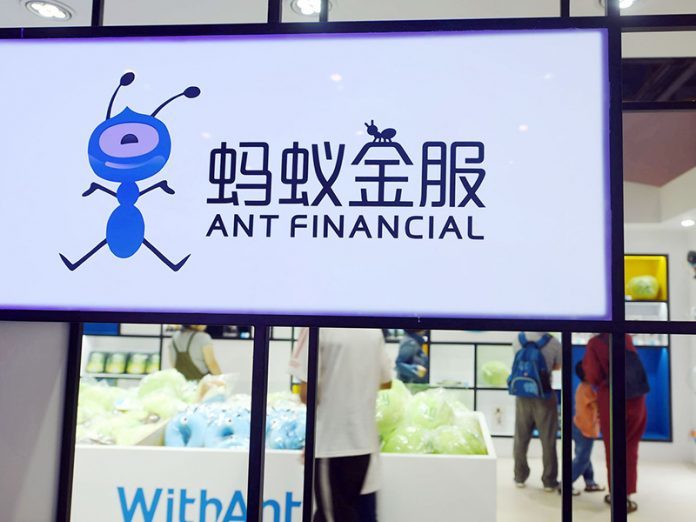Intermediary payment service providers – who are they?
Thirty two institutions have been licensed to provide intermediary payment service as of November 14, 2019. The service providers include Napas, VNPay, M_Service (MoMo), BankPay, Vietnam Online, VietUnion (Payoo), Vietnam Esports (AirPay), ECPay, Zion (ZaloPay), VNPT Epay, Viet Phu Payment Support, Bao Kim, Vimo, VTC Pay, MoCa, FPT Wallet (SenPay), M-Pay, OnePay, WePay, NganLuong, 1Pay (True Money), VNPT Media, VinID Pay, Viettel (BankPlus), Vinatti, Vimass, Smart Net, Edenred, PayTech, Epay, FinViet, and ME.

Many of them have received investment capital from finance and technology institutions and venture funds to develop.
MOL Access Portal from Malaysia acquired 50 percent of NganLuong’s shares in 2013, while MoMo is supported by capital from big investment funds such as Warburg Pincus, Goldman Sachs and Standard Chartered, totaling $140 million.
True Money is the product of cooperation between MOG Vietnam and Ascend Thailand. It has fallen into Thai hands after Ascend got 90 percent of 1Pay, the founder of the e-wallet.
| More and more players have joined the e-wallet sector, but all of them understand that they cannot expect big profits at this moment. |
Japanese NTT Data began making investment in VietUnion in 2011 to help develop Payoo wallet and in 2016, it admitted VietUnion as a part of the group through NTT Data Asia Pacific, one of its subsidiaries.
Meanwhile, South Korean UTC Investment in 2017 became the biggest shareholder in VNPT Epay, holding 63 percent of shares. AirPay is backed by SEA Group which owns Shopee marketplace and Garena online entertainment platform with the large ecosystem, from shopping via Shopee and online food ordering via Now.
Analysts noted that many e-wallets started in Vietnam and are reserved for the Vietnamese market, but owned by foreign investors.
According to Ngo Trung Linh, CEO of VietUnion, to play in the field, one needs to have huge initial capital to build a payment infrastructure powerful enough to serve a 100 million-people market, and huge annual investment to maintain such big payment portals.
Profits?
No e-wallet, including the ones which have been operating for 10 years or more, has revealed financial figures.
Linh showed only some figures: the amount of money through Payoo in 2019 is estimated at $5 billion and the growth rate is approximately 50 percent compared wirth 2018.
Linh said each wallet followed its own business model and operation method. Some of them make heavy investments to obtain high number of users, while others calculate profits/losses based on every project. Therefore, one cannot say all intermediary payment service providers take a loss.
“Some units may turn from unprofitable to profitable at any time, but they maybe cannot get expected profits. They continue making investment in a long-term strategy,” Linh said.
Thanh Mai

Alibaba’s Ant Financial quietly acquires stake in Vietnamese e-wallet firm
Ant will not control more than 50% of eMonkey, but is expected to have significant influence and provide technical expertise to the e-wallet

MoMo e-wallet serves as a payment channel for national public service portal
MoMo e-wallet has been chosen as one of the payment channels for the newly-launched national public service portal, at dichvucong.gov.vn.
 More and more players have joined the e-wallet sector, but all of them understand that they cannot expect big profits at this moment.
More and more players have joined the e-wallet sector, but all of them understand that they cannot expect big profits at this moment.